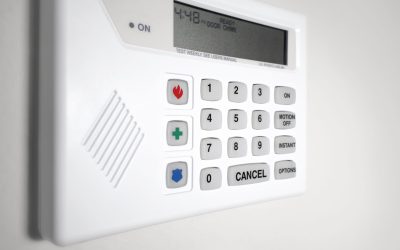As the world increasingly shifts towards innovative and efficient technologies, the heating industry is also experiencing a transformative change. Among the forefront of these advancements are flexible heater solutions, which are setting new benchmarks for both performance and versatility in various applications.
What are Flexible Heaters
Flexible heaters are thin, bendable heating elements that can conform to the surfaces they heat. Unlike traditional rigid heating solutions, these heaters are renowned for their adaptability and can be applied to a myriad of shapes and sizes, from small medical instruments to large aerospace components. The core materials typically used in these heaters include polyester and silicone, which provide excellent durability and heat transfer efficiency.
Advantages of Flexible Heater Solutions
Versatility in Design: One of the standout features of flexible heaters is their ability to fit into any application. Whether it’s wrapping around a curved surface or fitting into tight spaces, these heaters can be customized to meet specific requirements, making them ideal for complex geometries in modern electronic devices.
Uniform Heat Distribution: Flexible heaters ensure an even distribution of heat across surfaces, which is crucial for applications where consistent heat application is necessary. This uniformity is particularly beneficial in medical equipment, where patient safety depends on precise temperature regulation.
Improved Energy Efficiency: These heaters typically require less energy to maintain the same heat levels as traditional heating elements. This efficiency not only helps reduce operational costs but also contributes to a lower environmental impact.
Durability and Longevity: Made from robust materials, flexible heaters are designed to withstand harsh conditions, including moisture, chemicals, and physical stress. This resilience translates to a longer lifespan and fewer replacements, offering better long-term value.
Rapid Heat-Up Time: Thanks to their thin construction and direct surface contact, flexible heaters can reach the desired temperatures quickly, enhancing the speed and efficiency of thermal management systems.
Practical Applications of Flexible Heaters
- Medical Devices: Ensuring precise temperatures in medical equipment such as incubators and dialysis machines.
- Automotive Applications: Used in car seats, mirrors, and batteries to improve comfort and functionality in vehicles.
- Consumer Electronics: Applied in devices like smartphones and laptops to prevent overheating and maintain optimal operating temperatures.
- Aerospace and Defense: Critical for temperature regulation in spacecraft and military equipment where failure is not an option.
The Future Outlook
The future of heating clearly leans towards solutions that are not only efficient and reliable but also adaptable to the evolving needs of modern technology and industry. Flexible heater solutions are at the forefront of this shift, offering a blend of performance and flexibility that traditional heating elements cannot match. As industries continue to innovate, the demand for these versatile heaters is expected to rise, paving the way for broader applications and new developments in the field. The transition to flexible heating technologies offers numerous advantages, from enhanced energy efficiency to superior adaptability. As we move forward, the integration of these heaters into more devices and systems seems not only beneficial but essential for technological progression.


